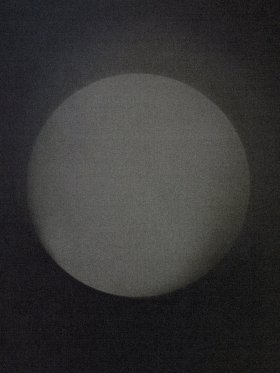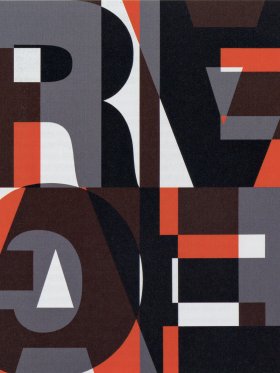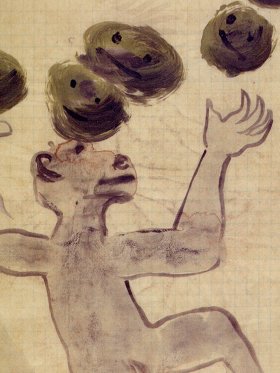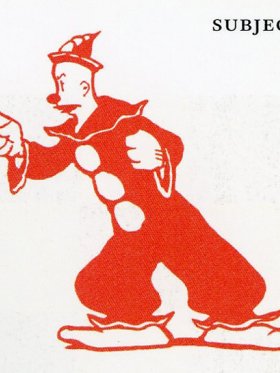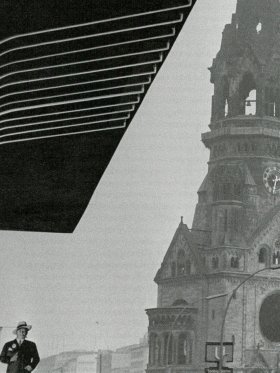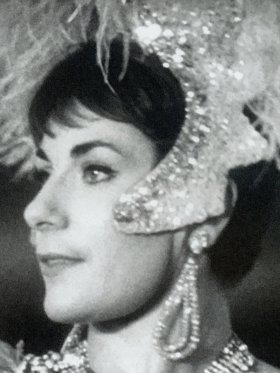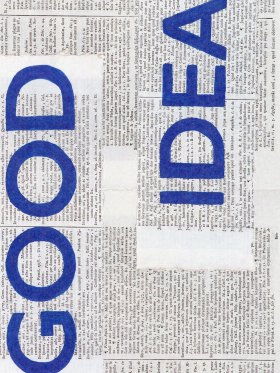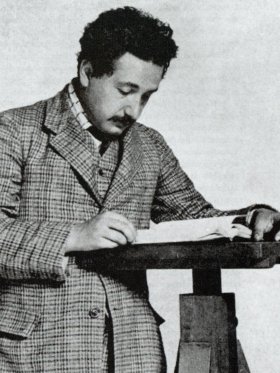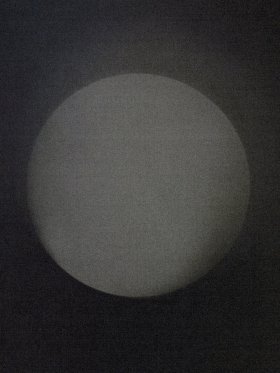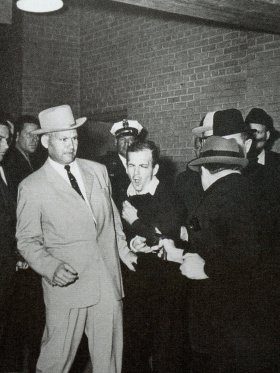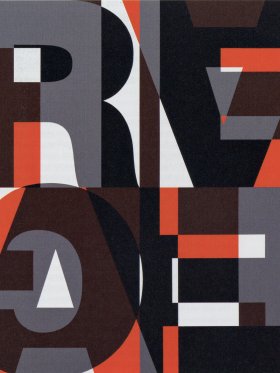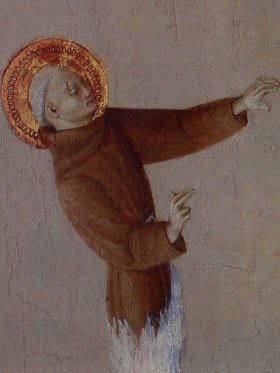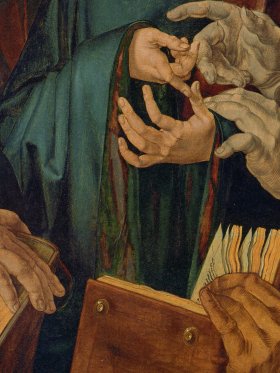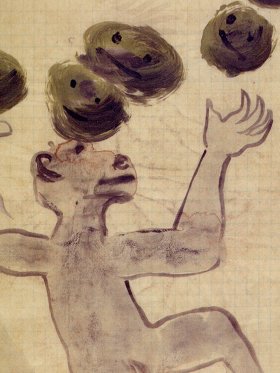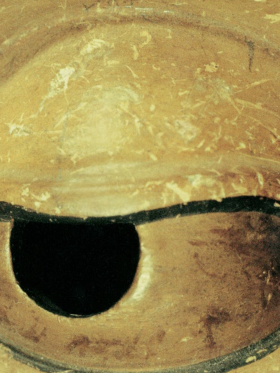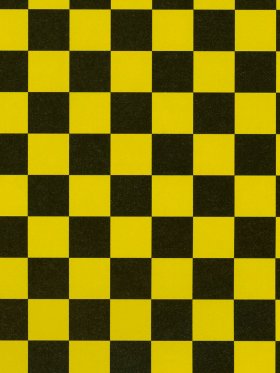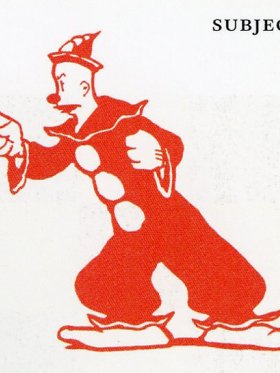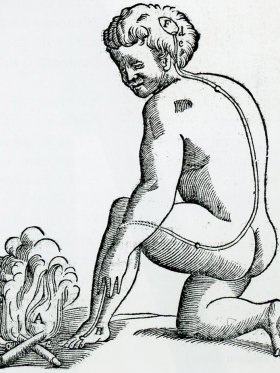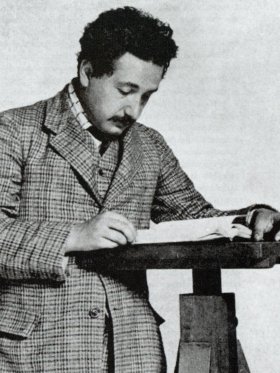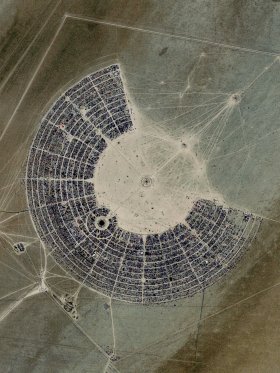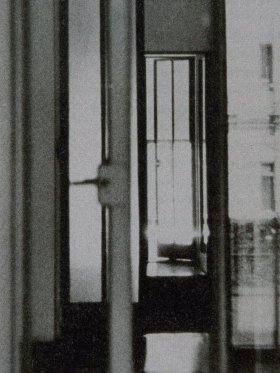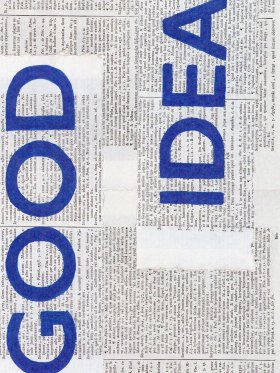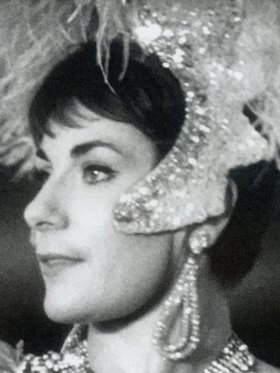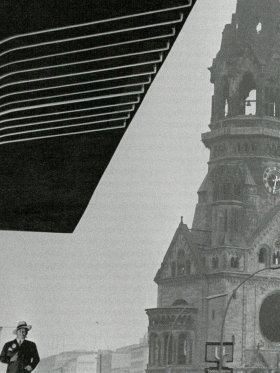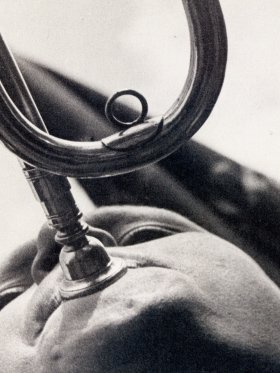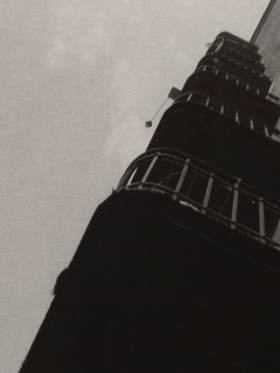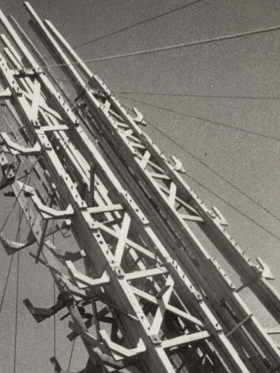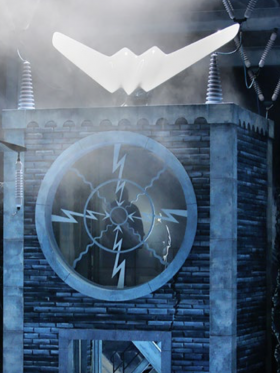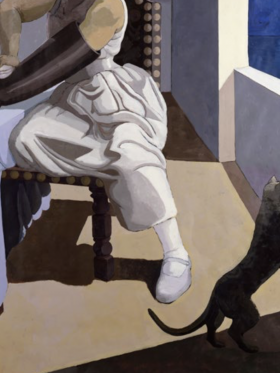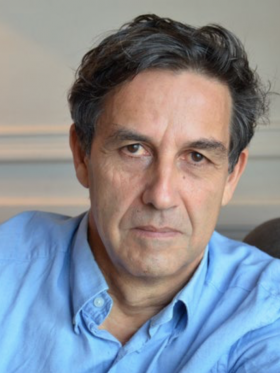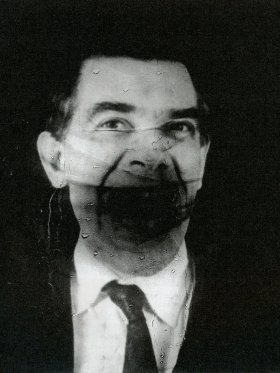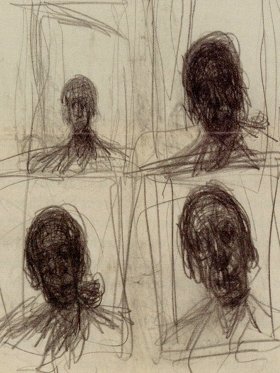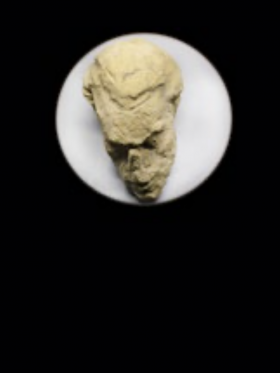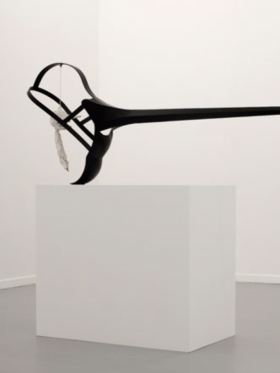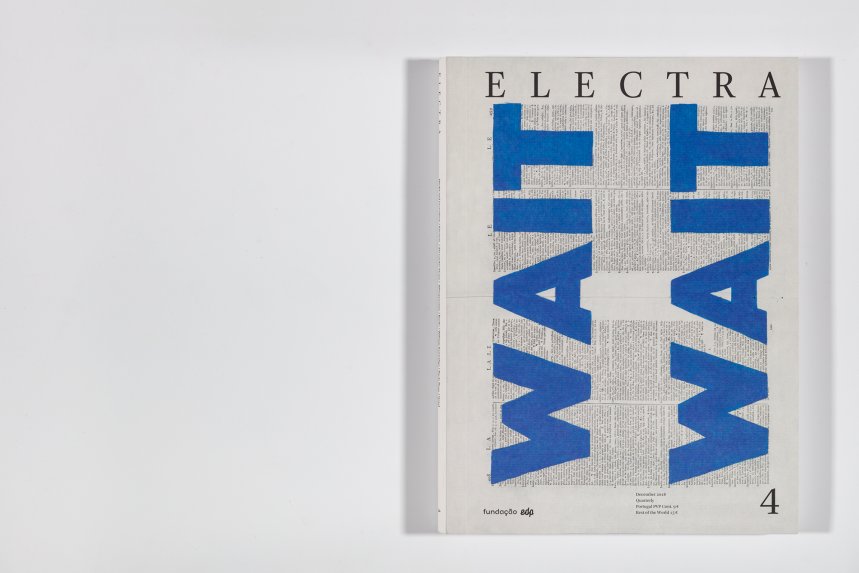
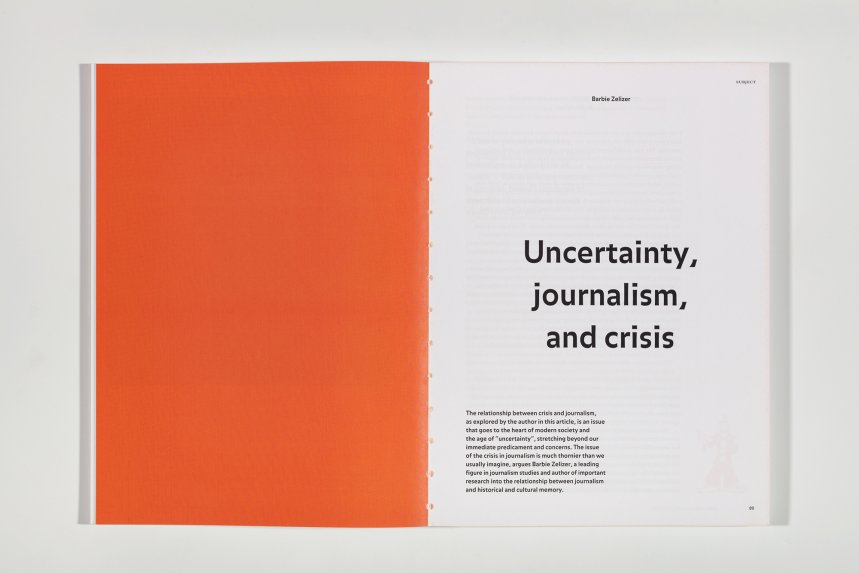
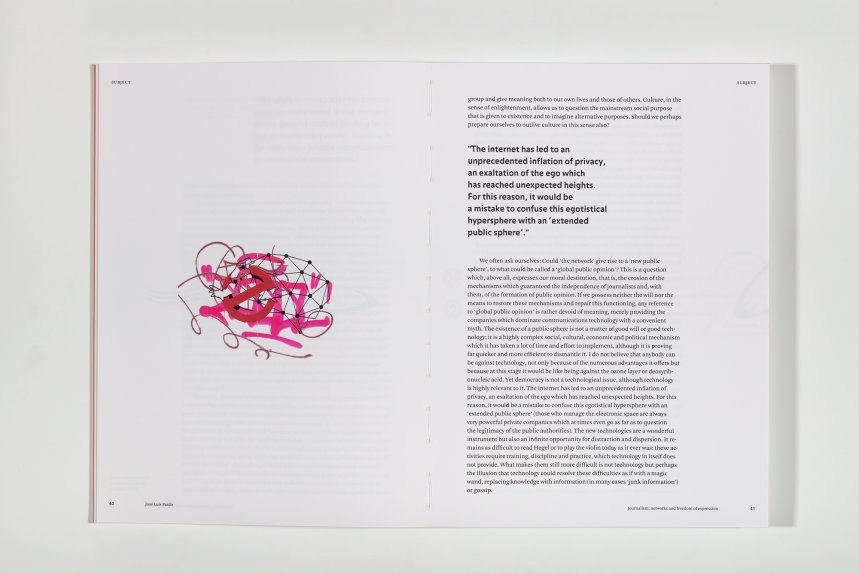
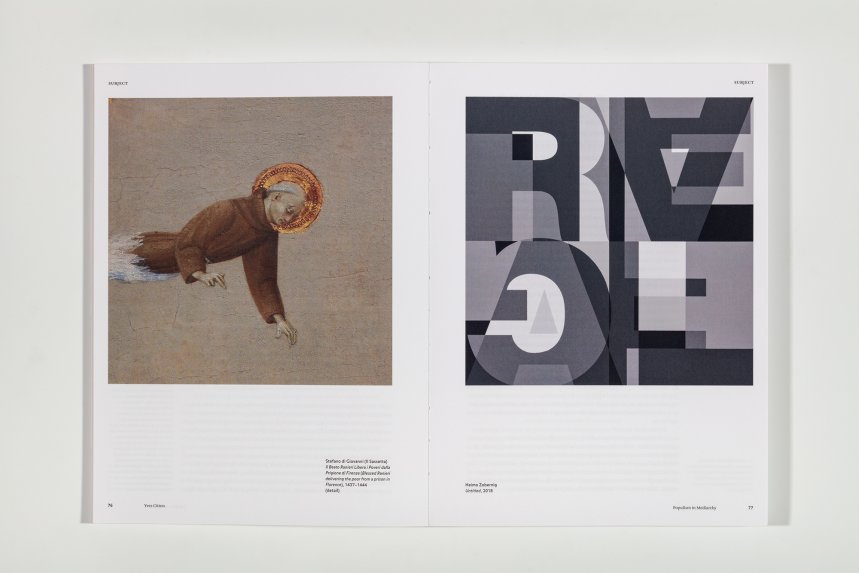
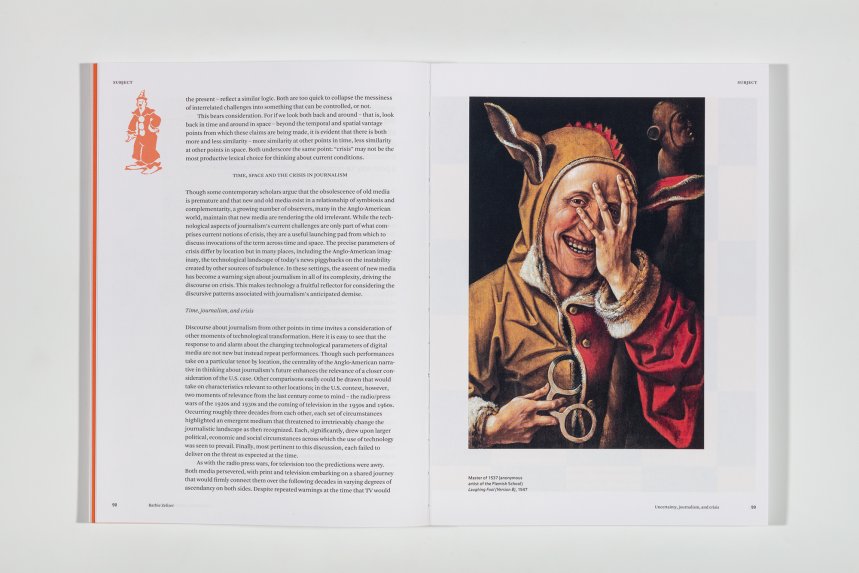
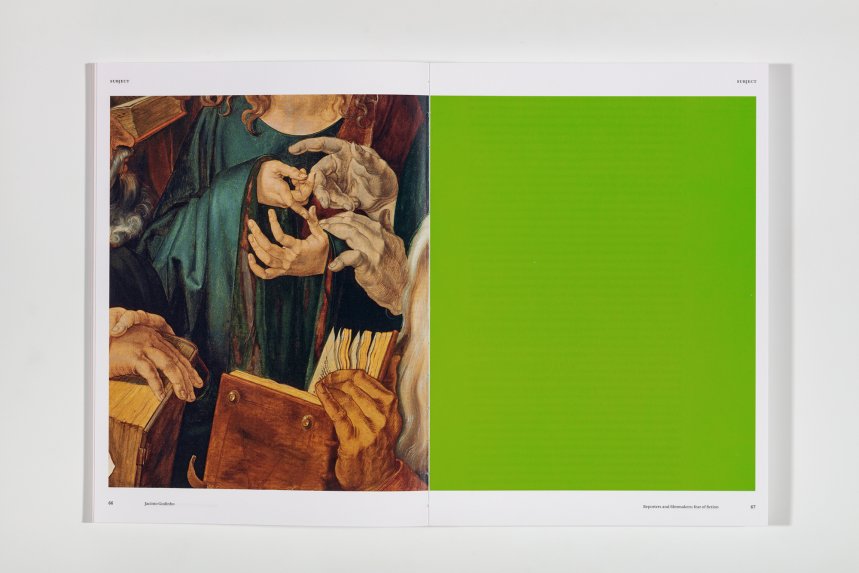
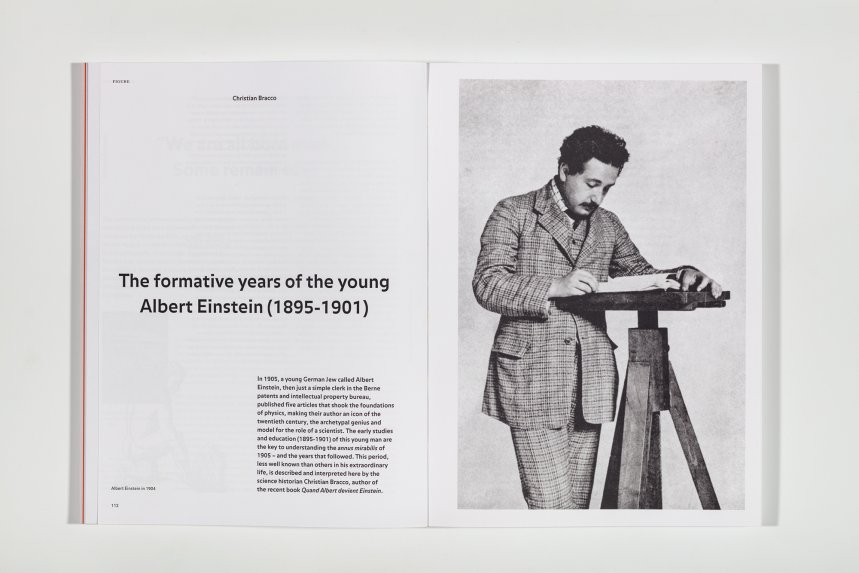
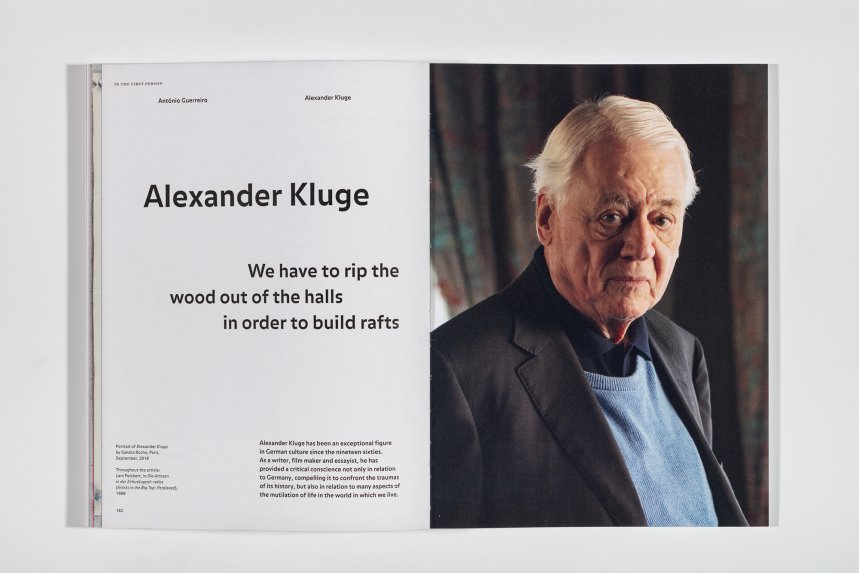
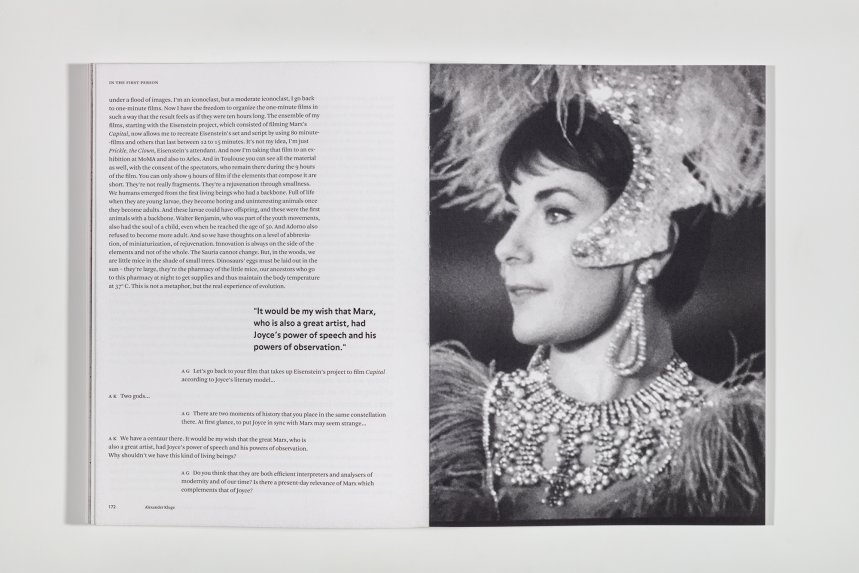
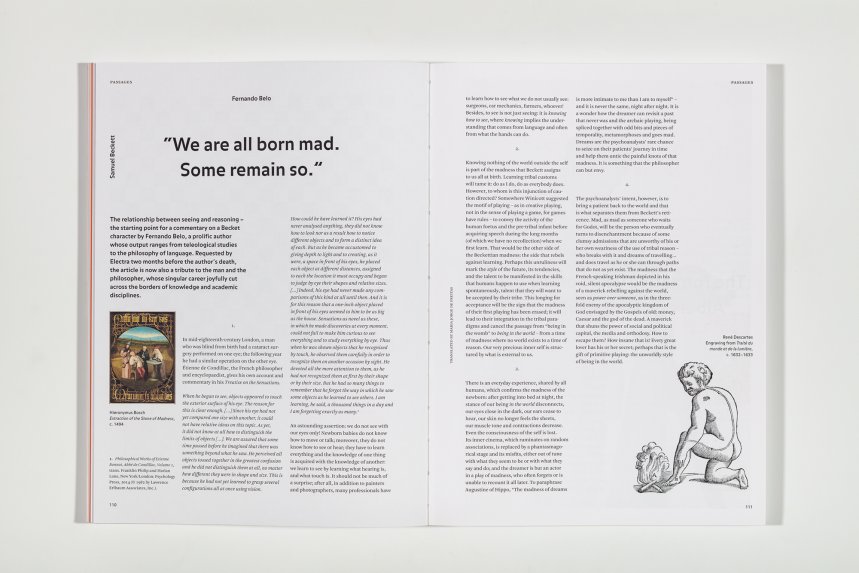
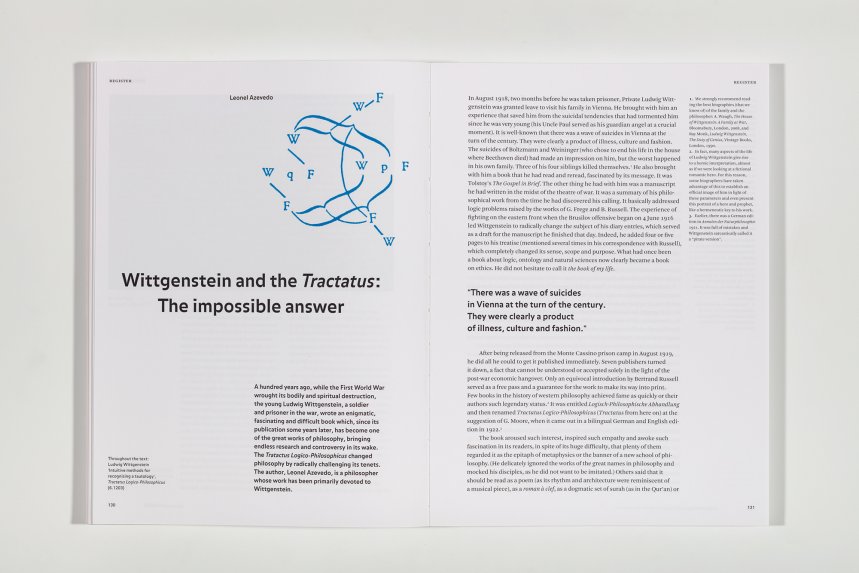
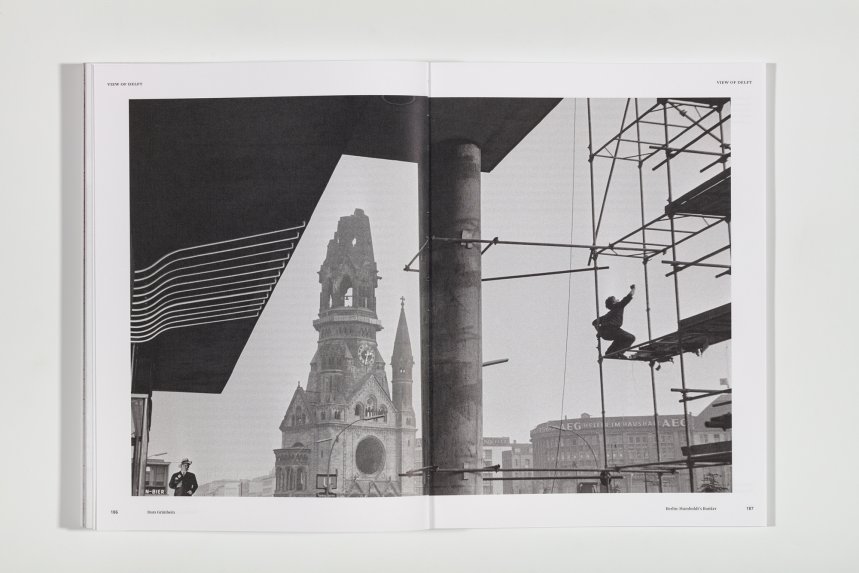
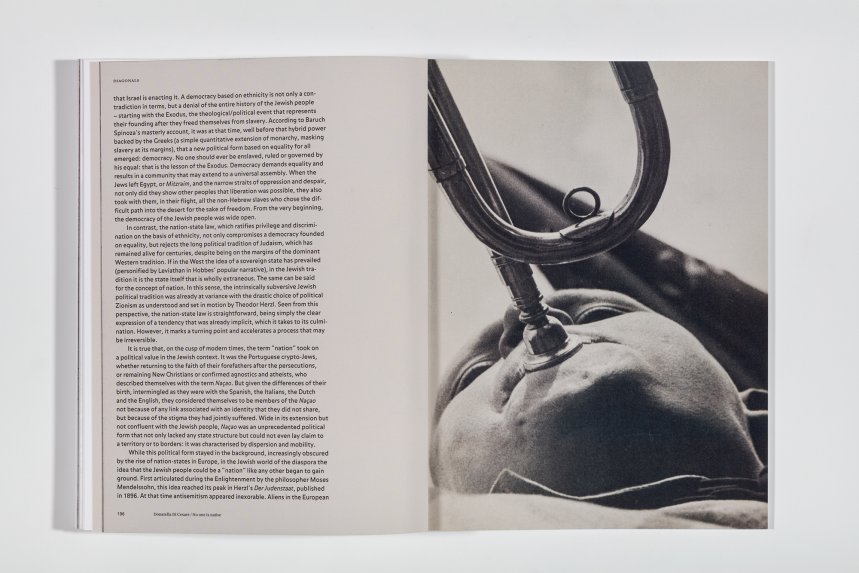
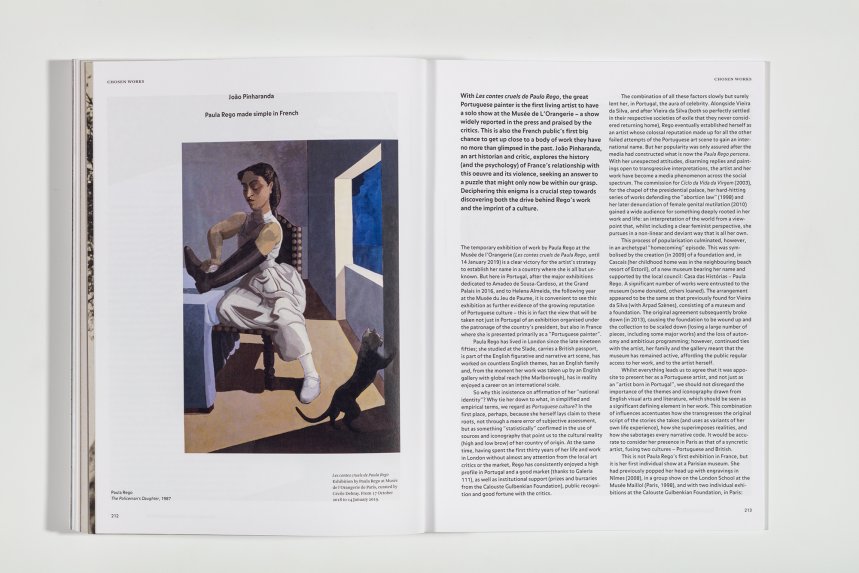
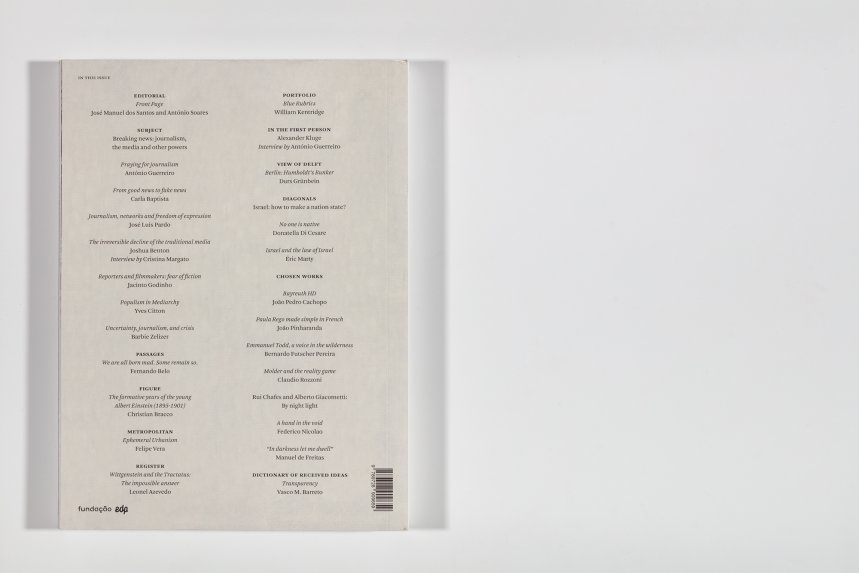
Journalism and the Media are the central issues of the fourth edition of the magazine Electra. These are obviously current and important topics for the future of our societies. In this dossier, the French philosopher Yves Citton reflects upon the concept of populism; in an interview conducted by the journalist Cristina Margato, the director of Nieman Lab of Harvard University, Joshua Benton, comments on the problems that the press faces in a time of innovation and expansion of digital platforms; the Spanish philosopher and essayist, José Luís Pardo, writes about the way journalism stopped responding to its most ancient social role; the journalist and researcher Jacinto Godinho writes about the relation between journalism and fiction; the teacher and researcher Carla Baptista approaches the topic of fake news, the misinformation, the interests and the regulation in the area of journalism; the director of the Center for Media at Risk, at Annenberg School for Communication, Barbie Zelizer, analyses the relation between crisis and journalism.
The interviewee of this issue is the writer, director and essayist Alexander Kluge, exceptional personality of the German culture since the 60’s. Apart from the plurality of the disciplinary areas he has experimented is the singularity of a work which can’t, in any of its dimensions, be grasped in canonical gender forms.
William Kentridge, one of the most renowned and, simultaneously, most innovative artists of our time, is the author of this edition’s “Portfolio” and cover.
In the section “Selected Works”, the art historian João Pinharanda tells us about the relation of the French with the work of the artist Paula Rego; the essayist and researcher João Pedro Cachopo writes about the Bayreuth Festival and the live transmissions of opera productions; the diplomat and historian Bernardo Futscher Pereira approaches the work of the French philosopher Emmanuel Todd; the Italian researcher Claudio Rozzoni writes apropos de publication of two books regarding Jorge Molder’s work; the poet Manuel de Freitas and Italian curator and philosopher Federico Nicolao shows us the exhibition of the sculptor Rui Chafes, in Paris.
In this edition, the philosopher Fernando Belo, comments on a Samuel Beckett character; the French historian Christian Bracco reveals Albert Einstein’s years of study and training; the Chilean architect and curator Felipe Vera tells us about temporary cities and ephemeral urbanism; in the year of the Tratactus Logico-Philosophicus centenary, the philosopher Leonel Azevedo approaches Ludwig Wittgenstein’s work; the German poet and essayist Durs Grübein covers the city of Berlin, the great metropolis and laboratory of modernity; and the biologist Vasco M. Barreto writes about the concept of “transparency”. The recent proclamation of Israel as a Nation-State of the Jewish people is the topic of the “Diagonal” section, approached by the Italian philosopher Donatella Di Cesare, and by the French author of literary studies, Éric Marty.
